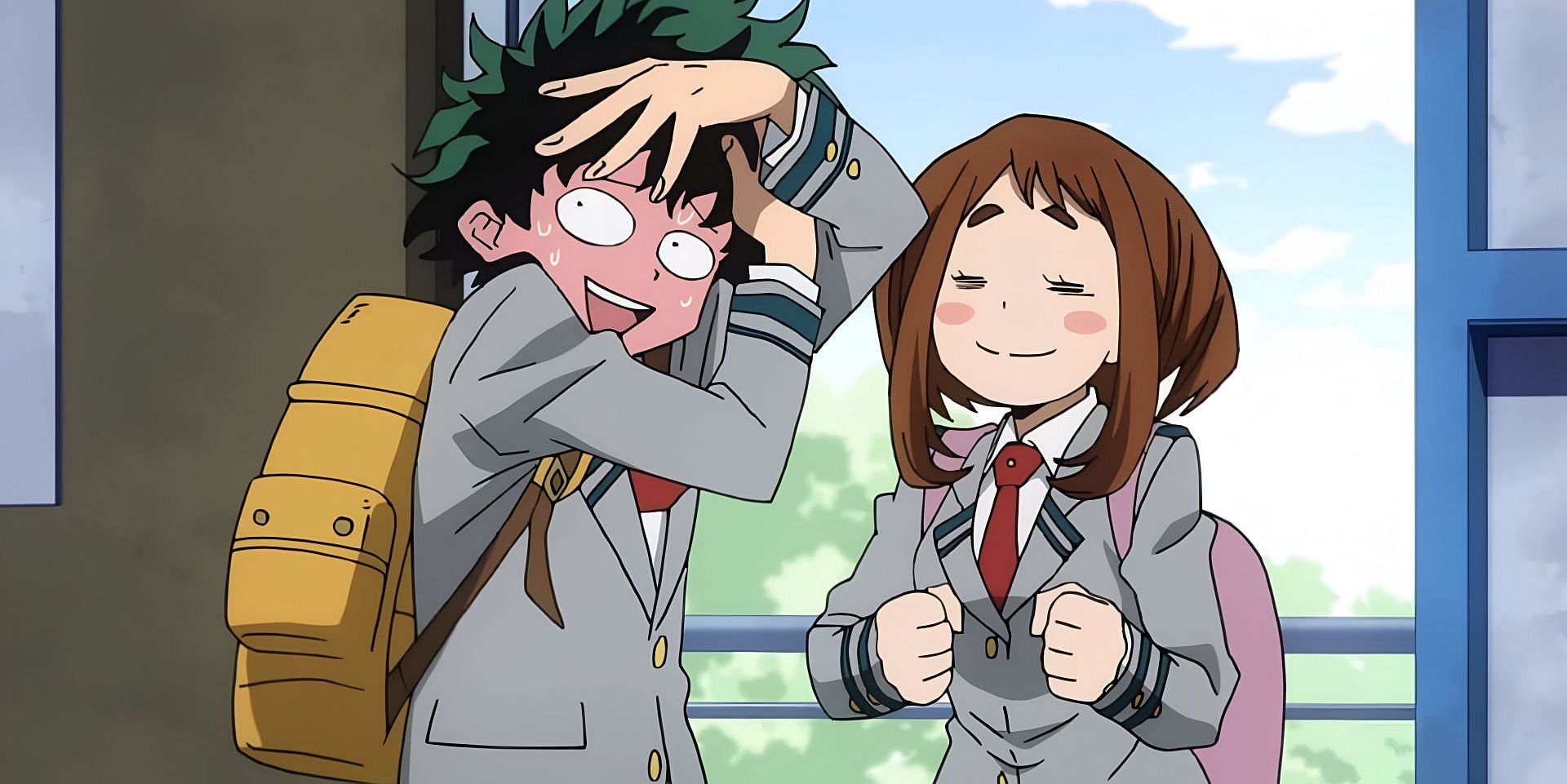
My Hero Academia final volume proves modern shonen manga can survive without straying off from romance
The My Hero Academia final volume proves that modern shonen manga can be successful without throwing romance out the window, providing a heartfelt ending. After numerous battles and sacrifices, the journey of Ochaco and Deku leads to a deeply satisfying resolution for their relationship. A touch of romance that has come across subtly yet impacts powerfully adds emotional depth for fans to feel closure, right along with the heroic victories.
Unlike the latest titles like Jujutsu Kaisen or Chainsaw Man, My Hero Academia is a title that embraces a more classic approach. Even the understated romance makes a story much more impactful. It speaks of the timeless value of emotional connections in shonen manga, which is why this example can be followed by most contemporary series.
Disclaimer: This article contains spoilers from the manga and reflects the author's opinions.
How My Hero Academia final volume proves modern shonen manga can survive without abandoning romance, explained
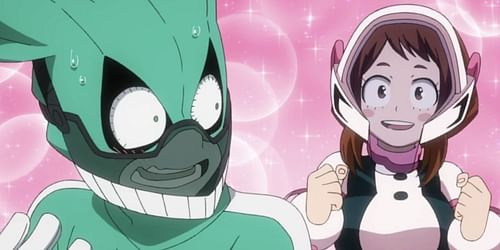
The My Hero Academia final volume proves that contemporary shonen manga can indeed thrive without compromising romance by ending the story on an emotional note with action, thus providing a heart-wrenching ending. Ochaco and Deku's relationship, built up steadily in the story, finally flowers in the last volume into a gentle yet powerful resolution.
Their relationship, which was built from the countless battles, sacrifices, and vulnerable moments they experienced, finally brings the series to a close, thus giving the entire story a much-needed emotional weight.
Unlike most modern shonen titles, such as Jujutsu Kaisen, Chainsaw Man, and Kagurabachi, My Hero Academia takes the traditional approach by not giving too much importance to action rather than romance.
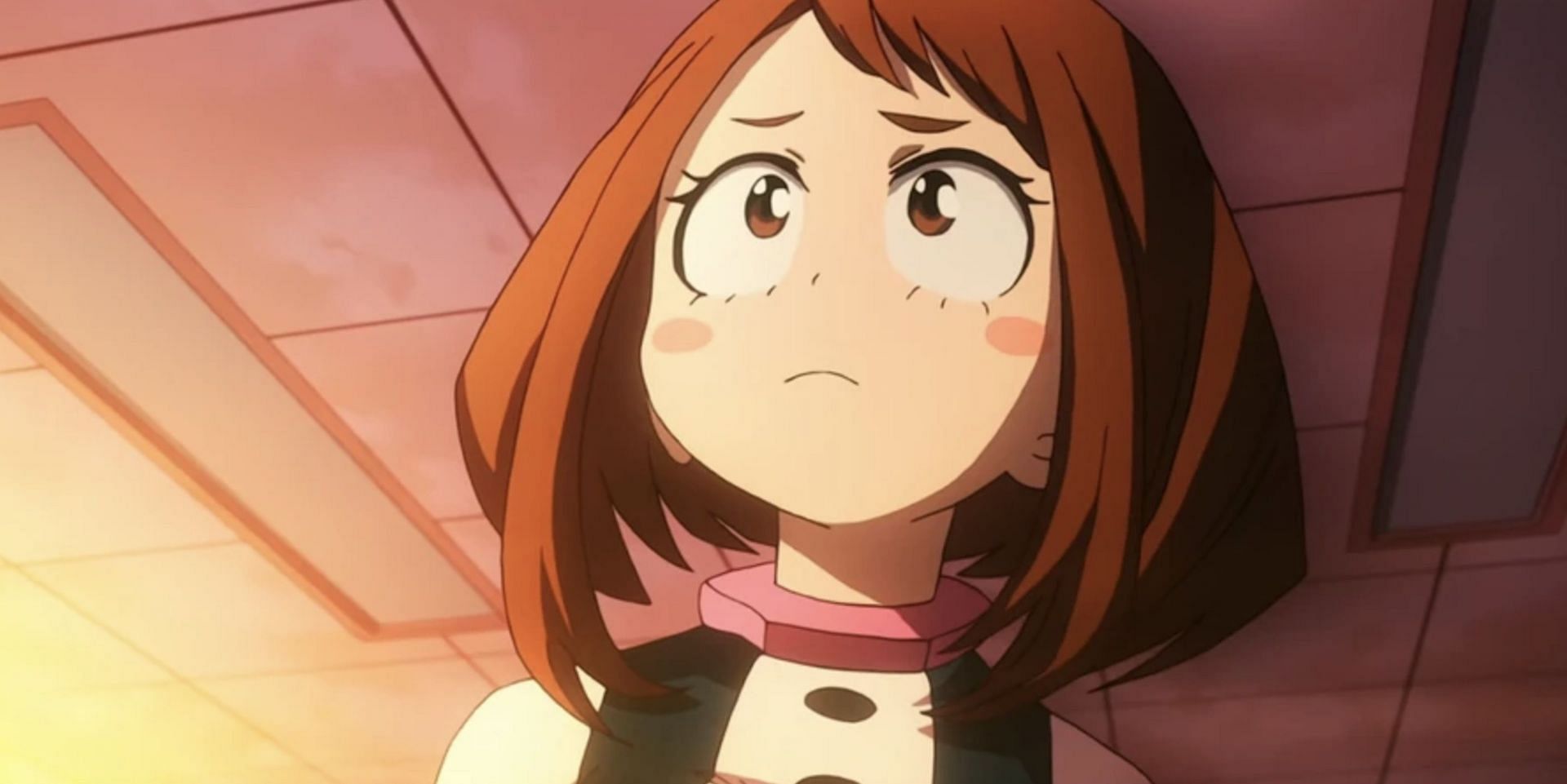
These modern series rarely have romantic subplots— instead, they focus on increasingly intense battles and darker themes. This trend has shifted shonen manga away from emotional connections that once defined many iconic works.
Ochaco and Deku, though subtle, are truly remarkable in My Hero Academia. It shows that romance can be one way to make a story better while not overpowering it from its core themes. And that, in the end, in terms of tying up loose ends of the plot, even of the emotional closure needed for fans.
Their relationship is not overexpressive or melodramatic but unfolds quietly, reflecting real life's quiet triumphs and struggles. This subtle play helps reinforce the emotional center of the series and reminds readers how much is at stake, personally, for each character.
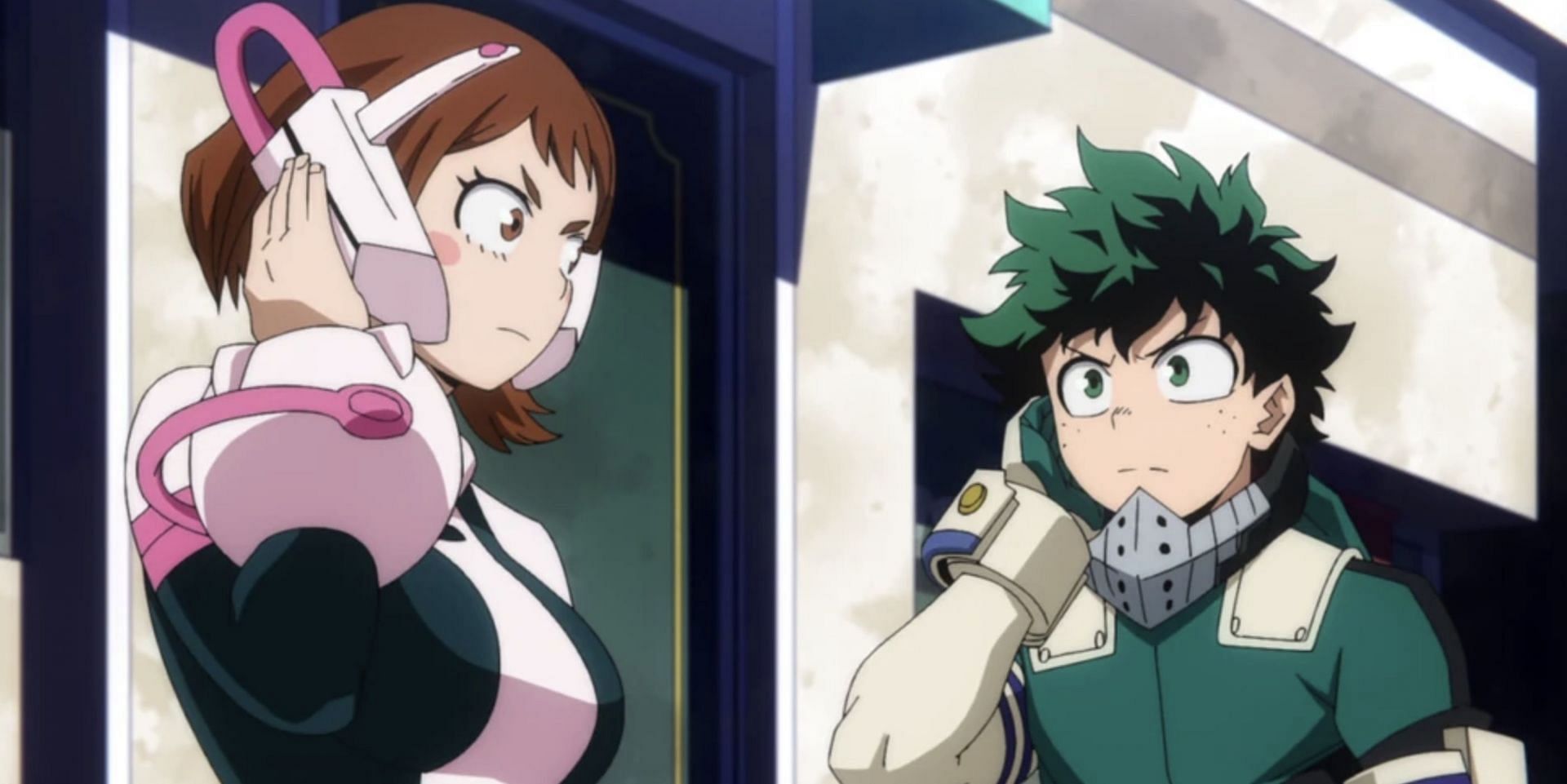
The inclusion of romance in the finale doesn’t detract from the heroic themes but rather complements them. It emphasizes that personal victories are as significant as battles won on the battlefield. Ochaco and Deku’s resolution highlights the characters’ growth, showcasing how their emotional development parallels their achievements as heroes.
This approach presents a lesson for modern shonen manga, in which action tends to take over emotional narratives. For example, the potential of the bond between Yuta and Maki was wasted in Jujutsu Kaisen, and a scene between Yuji and Ozawa in the epilogue could have enriched the ending of the series.
My Hero Academia shows that this does not dilute the intensity of a shonen manga but instead elevates it, allowing the reader to resonate more with the story.
Thus, by putting together epic battles with tender emotional moments, My Hero Academia final volume can prove that romance, no matter how subtle, enriches the shonen genre into something perfectly ending with both heroism and humanity.
Final thoughts
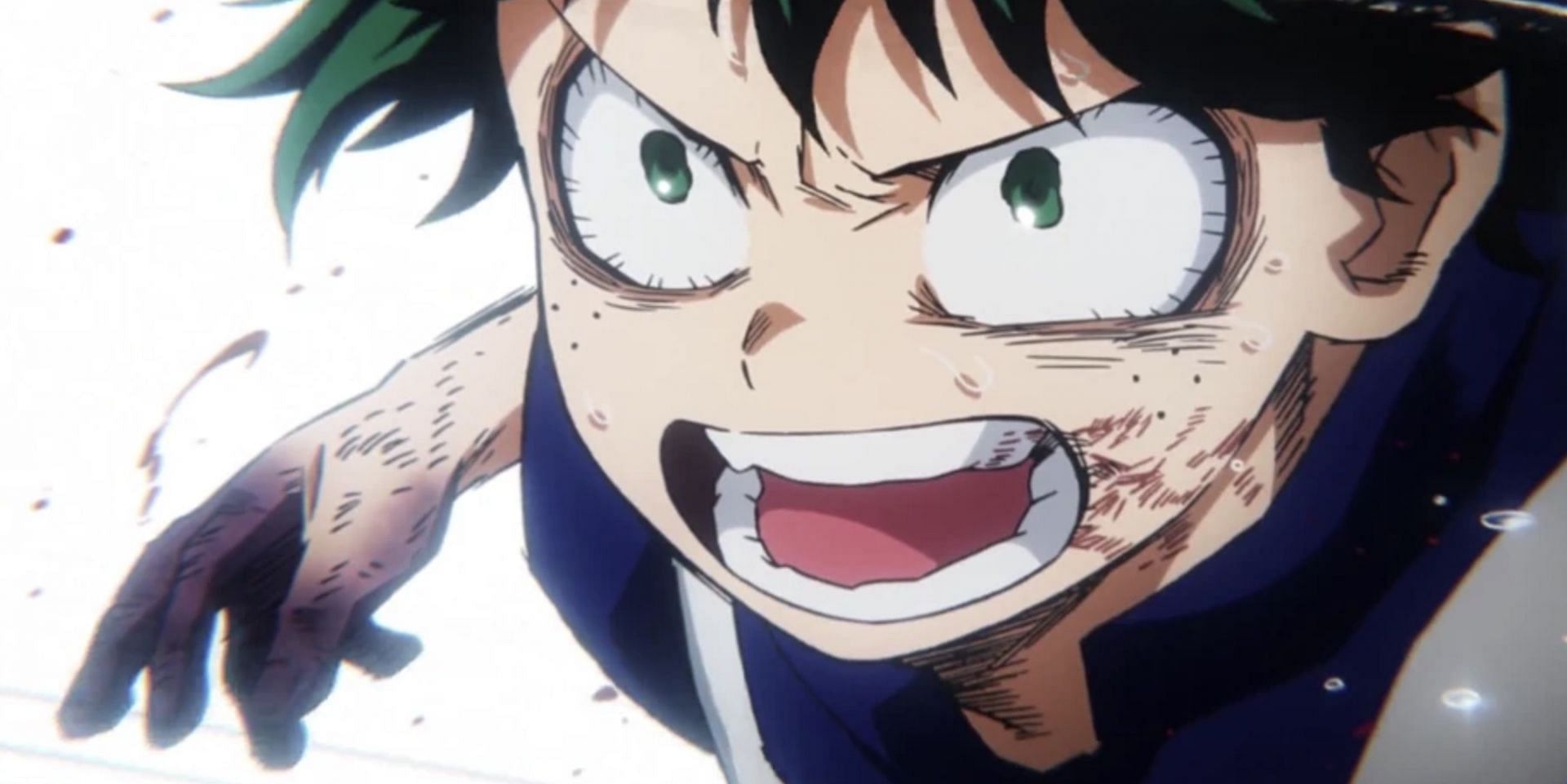
The My Hero Academia final volume proves that modern shonen manga doesn't have to sideline romance. The mixing of intense action with subtle emotional moments leads to a meaningful conclusion.
Ochaco and Deku's understated but meaningful resolution proved that romance does not subtract from the heroic plotline but elevates it and gives a dimension of humanity and closure. In an era where action is the king of shonen, this old-school approach sets My Hero Academia apart, reminding readers of the timeless power of emotional connections in storytelling.
Related links:
- My Hero Academia's Final Volume confirms extra content and page count
- My Hero Academia final volume to have extra content with 38-page epilogue
- My Hero Academia final volume reveals new Top 10 Hero rankings
- My Hero Academia final volume extra pages finally proves Deku's friends never abandoned him